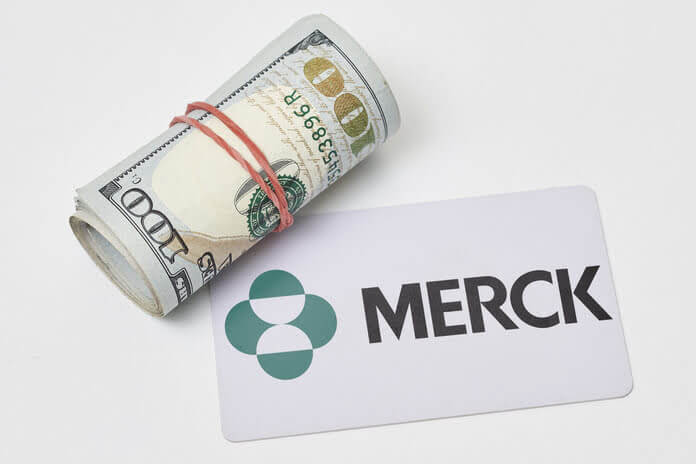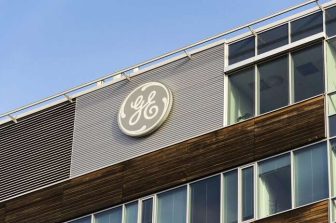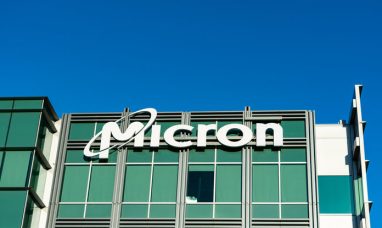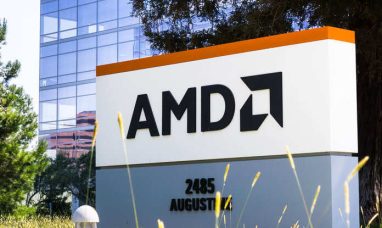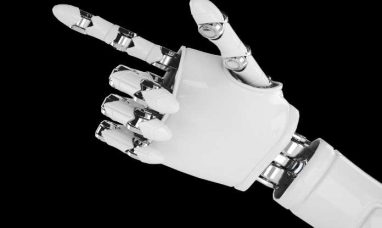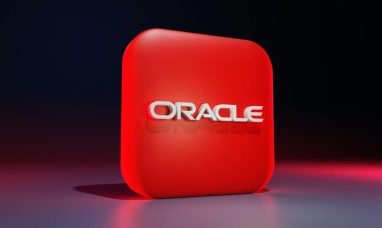Merck & Co., Inc. (NYSE:MRK)
Since January, Merck & Co., Inc. (NYSE:MRK) shares have outperformed the market.
Merck & Co., Inc. (NYSE:MRK) beat the S&P 500 by 30% for a reason. The pharmaceutical industry is unaffected by the economic recession, and inflation is a tailwind. Business development, portfolio expansion, and hefty payouts have boosted the stock. Despite approaching its all-time high, MRK market valuation is still low, and business is booming.
Keytruda
Keytruda is Merck & Co., Inc. (NYSE:MRK) second-biggest medicine after Humira. Keytruda affects the immune system to treat many tumors, and despite recent breakthroughs in oncology, it has more potential indications. In 2021 alone, the medication was authorized for many disorders.
Merck & Co., Inc. (NYSE:MRK) is evaluating Keytruda for prostate, ovarian, mesothelioma, biliary tract, liver, stomach, and skin cancers. Over 1,400 studies are exploring Keytruda in a range of malignancies and settings. Keytruda’s market might reach $200 billion by 2025.
35.6% of Q2 2022 revenue came from drug sales, up from 22.4% in 2019. 2021 Keytruda sales totaled $17.2 billion.
Keytruda is patent-protected until 2028. I believe this blockbuster’s expansion will boost long-term sales and organic revenue growth. Even though generics will flood the market after 2028, Keytruda will still be the favored option due to its long history of success and clinicians’ confidence.
Merck’s patent approach is similar to AbbVie’s (NYSE:ABBV). Keytruda has 129 patents. MRK will use Keytruda’s profits to develop further blockbuster medications.
Pipeline and Non-Keytruda Goods
Merck & Co., Inc.’s (NYSE:MRK) investigational medicines line is large and diverse. The corporation spends billions on R&D to expand its portfolio.
In the second quarter of 2022, the business has 30 projects in the last phase of clinical trials and 3 under regulatory assessment.
Gardasil and Gardasil 9 follow Keytruda in global revenue. The medications protect against HPV kinds. MRK’s HPV vaccinations are in high demand since at least 14 kinds cause cancer.
Merck & Co., Inc. (NYSE:MRK) leads to metabolic illnesses. WHO estimates that by 2045, 700 million individuals will have diabetes. According to the CDC, one in five diabetics doesn’t know their diagnosis. This makes MRK’s market significant. Precedence Research expects the worldwide type 2 diabetes market will reach $61.6 billion by 2030, up from $29.81 billion in 2021.
Januvia and Janumet propel Merck & Co., Inc. (NYSE:MRK) success. 8.3% of MRK’s income comes from these third-best-selling drugs. Antidiabetic medicines with sitagliptin. According to Wikipedia, it was the 88th most prescribed medicine in the U.S. in 2019. Januvia’s major patent expires in 2023. Januvia demand won’t reduce dramatically. Merck’s sitagliptin manufacture will be technologically superior.
It’s Cheap.
Merck & Co., Inc. (NYSE:MRK) 13.3x P/E and 12.3x EV/EBITDA are cheap. Only Pfizer (NYSE:PFE) appears cheaper. Merck, unlike Pfizer, will not see the “covid-19 springboard” impact in the future quarters.
MRK’s net profit margin is more significant than its rivals.
It seems undervalued. Investors are unsure if Keytruda can continue to fuel the company’s growth. Analysts underestimate product results. In 2017, EvaluatePharma predicted medication sales of $9 billion in 2022, while they were $17.2 billion in 2021.
Yield: 3.1%
Merck & Co., Inc. (NYSE:MRK) pays above-average dividends.
The company’s payout ratio is 41%. This implies the corporation can enhance shareholder payouts.
MRK’s company is solid, fast-growing, and well-defended. Investors should expect higher EPS and dividends.
Conclusion
MRK is advancing. Keytruda is the company’s key growth engine. Merck has an extensive product portfolio encompassing several illness categories.
The firm is fundamentally undervalued and selling at a discount.
Merck provides above-average dividends. Some pharma firms have larger yields and faster-growing dividends. Their business is poorer than MRK’s, or their strategy is dangerous. AbbVie uses debt aggressively to fund M&A acquisitions. This unsettles them. AbbVie’s payout ratio is 78%.
In the long run, I think MRK is a solid investment.
Featured Image- Megapixl @Golibtolibov









